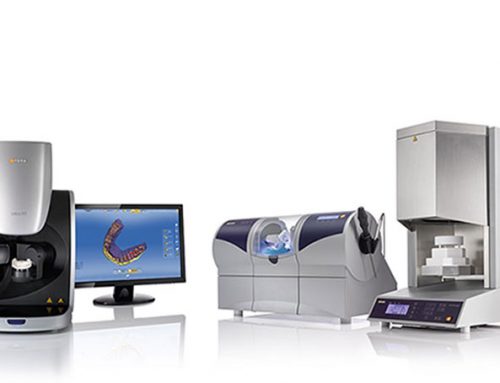
Dental Bridge vs Implant
Dental Bridges and Implants Pros and Cons
When replacing a missing tooth your dentist will suggest using either a dental bridge or an implant to support missing teeth. Dental bridges are used to support a replacement tooth between two crowns, while an implant recreates the hold of a root which is fixed into the bone of the jaw. Each one of these dental fixes have pros and cons which are evaluated across any key concerns raised by individual patients.
Oral Aftercare & Maintenance
Both dental bridges and implants require aftercare and good levels of oral hygiene maintenance. This will include brushing twice a day and avoiding both smoking and eating sugary foods. Dental bridges can obstruct the access of dental flossing making this oral task harder and more tedious to complete. While dental implants do not have this problem, patients who do not uphold good levels of oral hygiene and proper aftercare may face infections of the area around the implant during the healing process.
Durability
Because dental implants are securely fixed to the jawbone, they can withstand pressure like a natural tooth, and should be expected to last a lifetime. Dental bridges on the other hand put greater strain on surrounding structures due to not being rooted into the jawbone. Furthermore, dental bridges may weaken over a lifetime and require additional dental treatment to restore.
Appearance
While both dental bridges and implants are not very visible in the mouth and will restore a natural smile, implants are less noticeable overall. This is because dental bridges are not embedded beneath the gum and may be visible behind or in between replacement teeth.
Costs
A dental bridge tends to be the cheaper solution for patients on a budget. Not only can a dental bridge be used to replace multiple teeth, but are far simpler and require less visits to the dentist. Dental implants on the other hand can take much longer to be fully installed and can result in complications, increasing visits to the dentist. Furthermore, if you want to replace multiple teeth without a bridge you will require a dental implant for each tooth, vastly increasing the cost of the procedure.
Duration of Treatment
Dental bridges are far quicker to be installed, usually taking between one to three weeks and may only require two visits to the dentist. Implants on the other hand take much longer to install, between three to six months. This is because the bone around the jaw must regrow around the implant to be fully functional. However, as previously mentioned implants should last a lifetime and not require any additional visits if no complications occur.
Health Benefits
While dental bridges are quicker to install, in the long term there are several practical benefits to dental implants. For instance, healing of gums and the bone structure of the jaw around the implant is promoted. Long term issues involved in bone loss such as the shrinking of the jawbone are not addressed when using a dental bridge.


